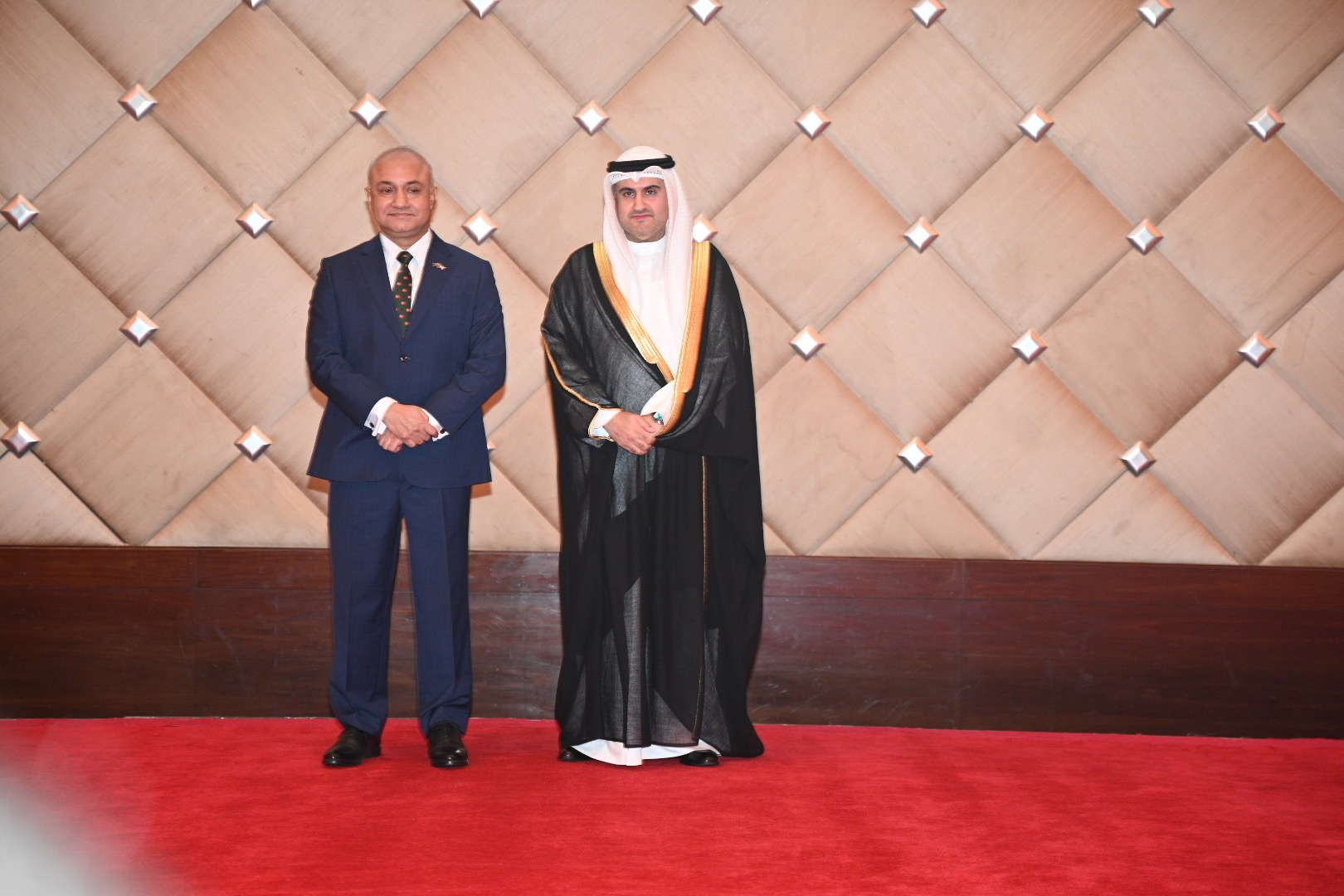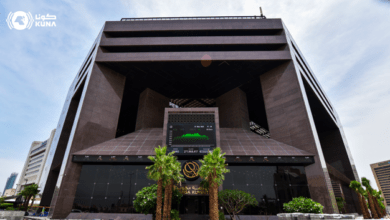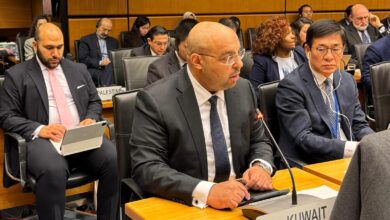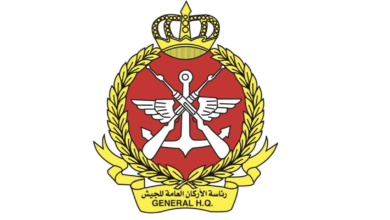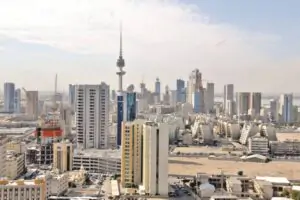25 women reinstated as lawyers in Kuwait after citizenship restored
Speaking at a reception by the Bangladesh Embassy marking its 54th Independence and National Day, Justice Minister Counsellor Nasser Al-Sumait said Kuwait now has over twenty female judges, with women heading four of fourteen Public Prosecution departments for the first time.

• Minister of Justice Counsellor Nasser Al-Sumait said “Our relationship with Bangladesh is historic and deep-rooted, spanning over 50 years and the Bangladeshi community is the third largest in Kuwait, with a population exceeding 300,000.”
Minister of Justice Counsellor Nasser Al-Sumait confirmed that twenty five women whose citizenship was revoked under Article 8 have been reinstated as lawyers and have resumed work normally, with their housing ownership also deemed valid.
Speaking on the sidelines of a reception hosted by the Embassy of Bangladesh on Wednesday evening to mark the 54th anniversary of the country’s independence and National Day, Al-Sumait said that “Our role is to support fatwa and legislation. I am not a member of the Nationality Committee, but based on the guidance of His Highness the Amir Sheikh Meshal Al-Ahmed Al-JaberAl-Sabah, all those whose citizenship was withdrawn under Article 8 will be treated as Kuwaiti citizens under specific conditions. This has been officially announced and we will proceed accordingly.”
The minister discussed the ministry’s plans to enhance transparency and judicial independence in Kuwait, stating, “Following His Highness the Amir’s significant speech during our Ramadan meeting at the Supreme Council of the Judiciary, we took his clear message to heart. The Ministry of Justice has translated this directive into the new Judiciary Organisation Law. This comprehensive legislation incorporates His Highness’s reforms and is now in its final stages. The Fatwa and Legislation Department is finalizing the wording, and we expect the law to be completed in a few months.”
Regarding the inclusion of Kuwaiti women in the judiciary, he said that “We currently have over 20 female judges in Kuwait. For the first time in our country’s history, four out of 14 Public Prosecution departments are headed by women. They have proven themselves successful and capable. They are our colleagues and receive full support, and every year, women continue to be accepted into the Public Prosecution.”
Kuwaiti-Bangladeshi relations
On Kuwaiti-Bangladeshi relations, he remarked that “Our relationship with the Republic of Bangladesh is historic and deep-rooted, spanning over 50 years. The Bangladeshi community is the third largest in Kuwait, with a population exceeding 300,000.”

He praised the Bangladeshi people’s heroic role during the brutal Iraqi invasion, particularly in demining efforts in Kuwaiti territory, and honored those who sacrificed their lives. “Kuwait will never forget this noble contribution,” he said, adding his best wishes on the occasion of Bangladesh’s Independence Day.
“Kuwait’s hand—both government and people—will always remain extended in friendship and gratitude.”
Kuwait first Gulf country to recognize Bangladesh
His Excellency Major General Syed Tariq Hussein, Ambassador of Bangladesh to Kuwait, affirmed in his speech that Kuwait was the first Gulf country to recognize Bangladesh following its independence in 1971. Since the establishment of diplomatic relations in 1974, the two nations have maintained strong and growing cooperation across various sectors, including politics, trade, investment, manpower, agriculture, education, and defense.
He expressed optimism that bilateral ties would continue to flourish under the wise leadership of His Highness the Amir of the State of Kuwait and the visionary guidance of His Excellency the Senior Counsellor of Bangladesh and Nobel Laureate, Dr. Muhammad Yunus.
Ambassador Hussein highlighted Bangladesh’s remarkable progress since independence, particularly in social and economic development. He underscored the significance of the July-August 2024 mass uprising, led by the youth, in fostering a more just, accountable, and democratic society.
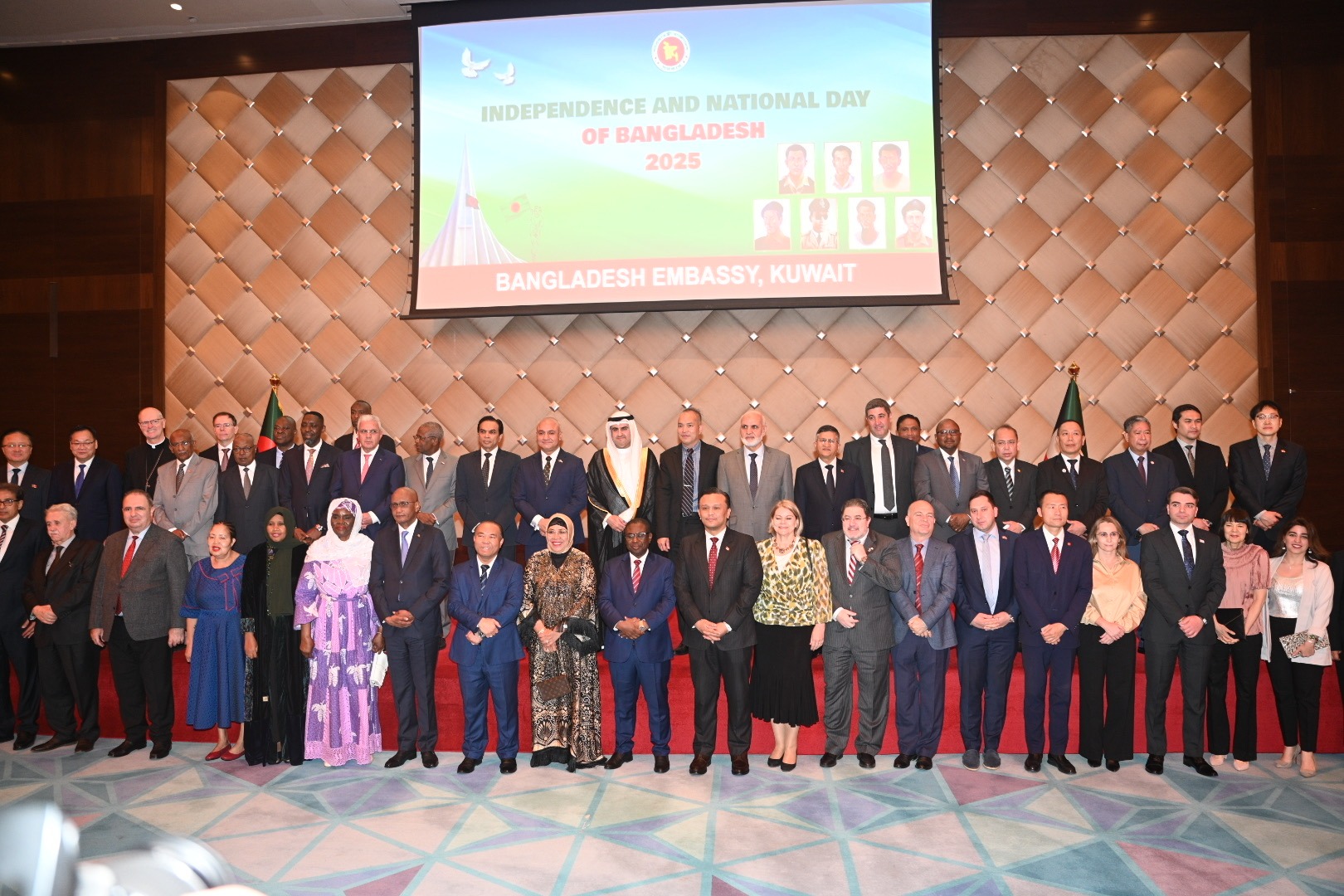
He also noted the success of the recent investment summit held in Dhaka from April 7 to 10, 2025, which attracted 415 delegates from fifty countries, and invited Kuwait and other friendly nations to invest in Bangladesh’s special economic zones to promote mutual growth and prosperity.
“The Gulf’s unified stance strongly supports the Palestinian cause.” – H.E. Rami Tahboub, Palestinian ambassador to Kuwait
His Excellency Rami Tahboub, the Palestinian Ambassador to Kuwait, emphasized that the recent renewal of support by the foreign ministers of the Gulf Cooperation Council (GCC) countries—led by Kuwaiti Foreign Minister Abdullah Al-Yahya—during their joint ministerial meeting with Central Asian countries sends a strong and unequivocal message to the international community regarding their firm stance on the Palestinian cause.
Speaking to journalists on the sidelines of the celebration of Bangladesh’s Independence Day, Ambassador Tahboub expressed deep appreciation for the Gulf countries’ consistent positions.
He noted that minister Al-Yahya’s reaffirmation of the centrality of the Palestinian cause reflects Kuwait’s principled and unwavering support for the rights of the Palestinian people. He stressed that Kuwait’s position is longstanding, having consistently stood by Palestine in all international forums, and continues to do so.
Ambassador Tahboub also highlighted the participation of Saudi Foreign Minister Prince Faisal bin Farhan in the meeting, saying it underscores the Kingdom’s steadfast commitment. He added that Saudi Arabia’s position represents a unified Gulf stance that will be presented during the upcoming visit of U.S. President Donald Trump to the region next month.
“We are confident that Saudi Arabia will speak on behalf of the GCC countries, the Arab world, and Palestine,” he said. “The Gulf’s unified stance strongly supports the Palestinian cause.”
He concluded by stressing the need to remain steadfast, saying: “We have nothing but resilience and determination to pressure the occupation to end its aggression and genocide in the Gaza Strip.”
Regarding the impact of these messages on the Central Asian countries participating in the meeting, especially those with relations with Israel, he stated, “It is important to leverage these relations politically and clarify the Arab and Palestinian perspective to these Islamic countries, urging them to assume their humanitarian and political responsibilities toward the Palestinian people.”
He also stressed the significance of both international and regional efforts in halting the massacres being committed against innocent people in the Gaza Strip, emphasizing that every voice of support and every clear position helps strengthen the Palestinian cause in the face of oppression and aggression.





